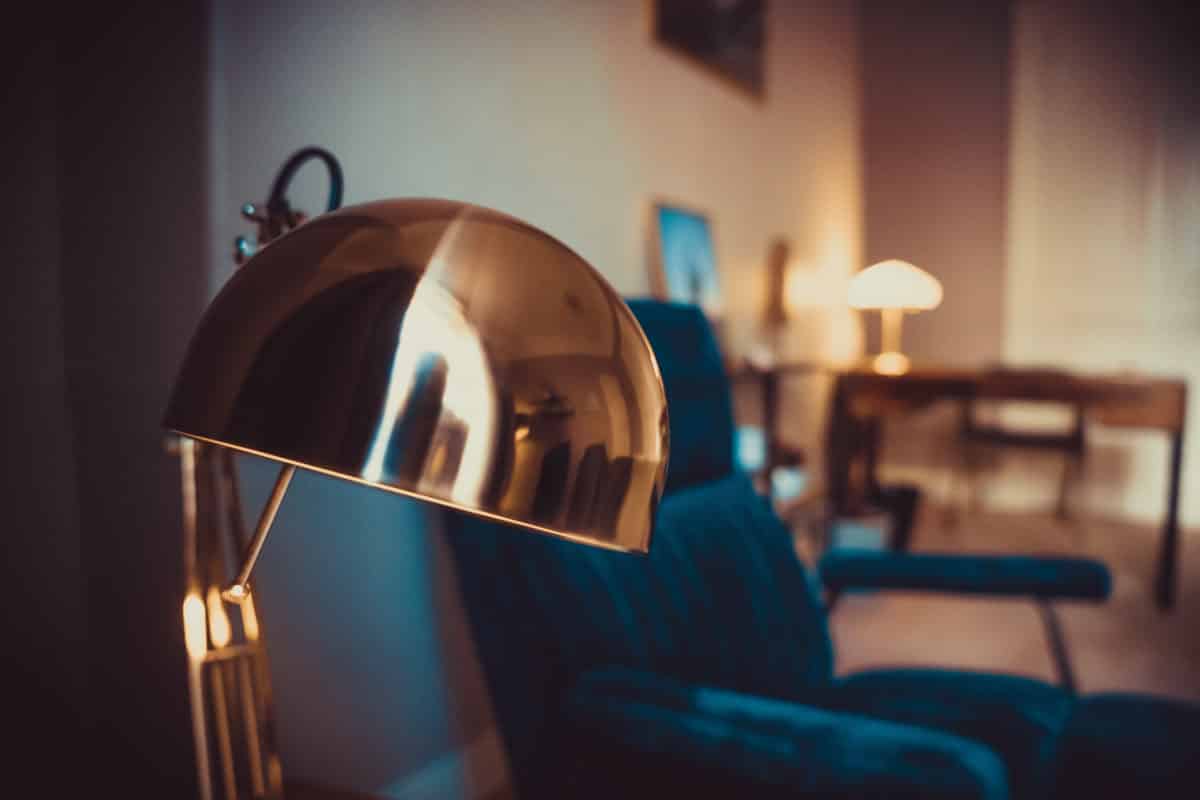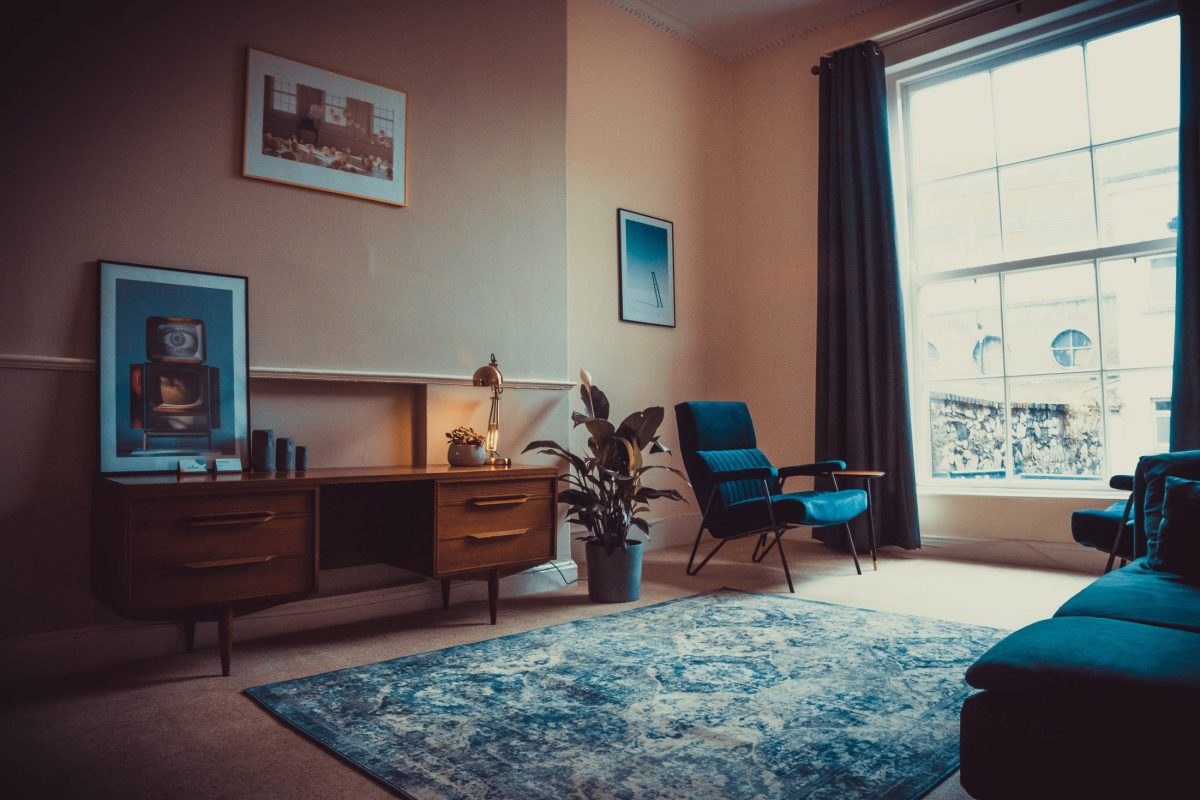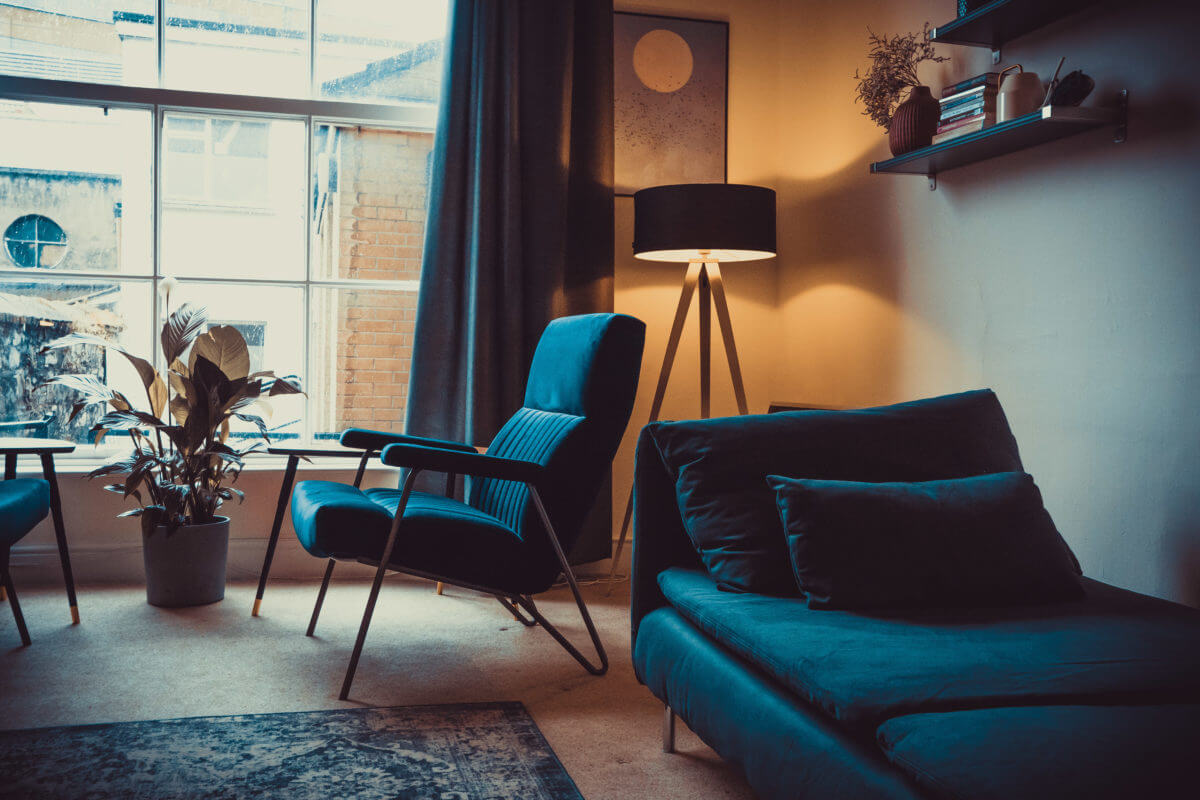
many shapes and forms
Understanding Low Libido
Fluctuations in sexual desire are part of being human. Yet when low libido persists, it can leave a person – or a couple – feeling distant, worried, or frustrated.
Desire can fade for many reasons: exhaustion, stress, relationship strain, medication, or underlying emotional conflict.
Sometimes, it’s not just about sex itself, but about what sex represents – closeness, attention, or acceptance.
Therapy offers a space to think about these experiences without shame, and to understand what might have gone quiet beneath the surface.
Speak to a Therapistit functions
What causes low libido?
Low libido can serve many psychological functions.
For some, it’s a quiet form of protest in a relationship; for others, it’s a defence against vulnerability or expectation.
Desire doesn’t disappear without reason – it often retreats when something in the psyche feels overwhelmed, unexpressed, or unheard.
By understanding what’s holding desire back, therapy can help restore a more natural rhythm to intimacy and connection.
Speak to a Therapisttransforming intimacy
How does therapy help for low libido?
Therapy provides a safe and reflective space to speak openly about sex, desire, and the emotions that surround them.
Through talking, it becomes possible to see how desire is shaped by our history, our relationships, and our sense of self.
As insight grows, so too can curiosity, comfort, and closeness – often in unexpected ways.
Our psychotherapists are trained to listen deeply and work sensitively, helping you rediscover what intimacy can mean for you.
Get Startedan Other way
About Us
We are a patient-first professional counselling & psychotherapy clinic.
Psychoanalytically informed. Dublin based.

100%
Hold Masters Degrees

177+
Combined years of experience

1
Singular Treatment











